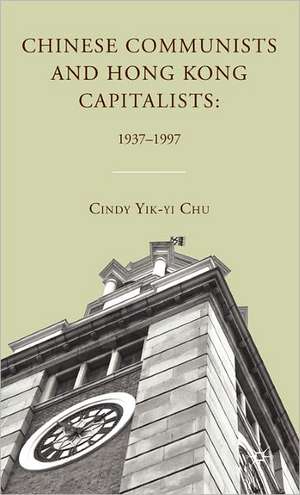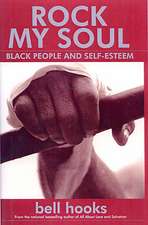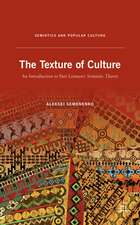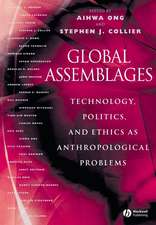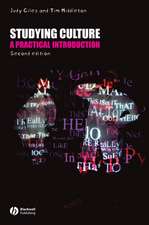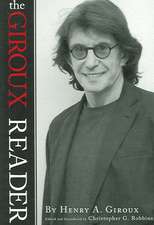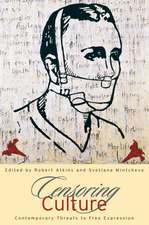Chinese Communists and Hong Kong Capitalists: 1937–1997
Autor C. Chuen Limba Engleză Hardback – 17 noi 2010
| Toate formatele și edițiile | Preț | Express |
|---|---|---|
| Paperback (1) | 381.00 lei 6-8 săpt. | |
| Palgrave Macmillan US – 17 noi 2010 | 381.00 lei 6-8 săpt. | |
| Hardback (1) | 384.86 lei 6-8 săpt. | |
| Palgrave Macmillan US – 17 noi 2010 | 384.86 lei 6-8 săpt. |
Preț: 384.86 lei
Nou
Puncte Express: 577
Preț estimativ în valută:
73.65€ • 79.97$ • 61.87£
73.65€ • 79.97$ • 61.87£
Carte tipărită la comandă
Livrare economică 23 aprilie-07 mai
Preluare comenzi: 021 569.72.76
Specificații
ISBN-13: 9780230107991
ISBN-10: 0230107990
Pagini: 196
Ilustrații: XI, 196 p.
Dimensiuni: 140 x 216 x 18 mm
Greutate: 0.34 kg
Ediția:2010
Editura: Palgrave Macmillan US
Colecția Palgrave Macmillan
Locul publicării:New York, United States
ISBN-10: 0230107990
Pagini: 196
Ilustrații: XI, 196 p.
Dimensiuni: 140 x 216 x 18 mm
Greutate: 0.34 kg
Ediția:2010
Editura: Palgrave Macmillan US
Colecția Palgrave Macmillan
Locul publicării:New York, United States
Cuprins
The United Front Policy of the Chinese Communists in Hong Kong during the Sino-Japanese War, 1937-1945 * Overt and Covert Functions of the Hong Kong Branch of the Xinhua News Agency, 1947-1984 * The Origins of the Chinese Communist Alliance with the Hong Kong Business Elite, the 1997 Question, and the Basic Law Committees, 1979-1985 * The Involvement of the Business Elite in the Drafting of Hong Kong's Basic Law and the Problems of the United Front Policy, 1985-1990 * The Chinese Communists' United Front with Big Business and Their Collaboration on the Handover, 1990-1997 * The Selection of the Chief Executive, May-December 1996 * Tung Chee-hwa and the Last Days of Colonial Hong Kong, December 1996-June 1997
Recenzii
"Throughout this useful study, a united front strategy frames the relationship between the Chinese Communist Party (CCP) and Hong Kong capitalists from 1937 to 1997. ... Chu's narrative makes a strong case for the long-term continuity of Hong Kong's elitist political parameters both before and after the 1997 transition. Summing up: Recommended. Upper-division undergraduate students through professionals." - R. P. Gardella, CHOICE
"This ground-breaking work emphasizes the crucial relationship between the Chinese Communist Party and the Chinese business elite of Hong Kong during the 60 years before 1997. The author argues convincingly that the strategy of collaborating closely with capitalists, far from contradicting the ideological principles of Communism, in fact has deep roots in the Party s decades-old united front policy. This is a powerful revelation for historians of modern China and for readers concerned with contemporary developments." - Elizabeth Sinn, Former Deputy Director of the Centre of Asian Studies, University of Hong Kong
"Chu argues that the implementation of the one country, two systems model guaranteeing Hong Kong s capitalist system until 2047 must be understood through the framework of the Chinese Communists united front strategy that began in the 1930s. Chu questions the conventional assumption that the Chinese Communist Party had no understanding of Hong Kong s capitalist system. Rather, she shows how the Communists adapted to thecolony s capitalist environment by creating a network of local agencies under direct Party control. Unlike on the mainland, the Communists worked hard to forge effective alliances with Hong Kong s Chinese capitalists. By the eve of the handover in 1997, the Communists had consolidated the support of big business for the retrocession to Chinese sovereignty. This important new study contributes not only to our understanding of Hong Kong history but also of the Chinese Communist Party." - John M. Carroll, Professor of History, University of Hong Kong
"This ground-breaking work emphasizes the crucial relationship between the Chinese Communist Party and the Chinese business elite of Hong Kong during the 60 years before 1997. The author argues convincingly that the strategy of collaborating closely with capitalists, far from contradicting the ideological principles of Communism, in fact has deep roots in the Party s decades-old united front policy. This is a powerful revelation for historians of modern China and for readers concerned with contemporary developments." - Elizabeth Sinn, Former Deputy Director of the Centre of Asian Studies, University of Hong Kong
"Chu argues that the implementation of the one country, two systems model guaranteeing Hong Kong s capitalist system until 2047 must be understood through the framework of the Chinese Communists united front strategy that began in the 1930s. Chu questions the conventional assumption that the Chinese Communist Party had no understanding of Hong Kong s capitalist system. Rather, she shows how the Communists adapted to thecolony s capitalist environment by creating a network of local agencies under direct Party control. Unlike on the mainland, the Communists worked hard to forge effective alliances with Hong Kong s Chinese capitalists. By the eve of the handover in 1997, the Communists had consolidated the support of big business for the retrocession to Chinese sovereignty. This important new study contributes not only to our understanding of Hong Kong history but also of the Chinese Communist Party." - John M. Carroll, Professor of History, University of Hong Kong
Notă biografică
Cindy Yik-yi Chu is Professor in the Department of History at Hong Kong Baptist University.
